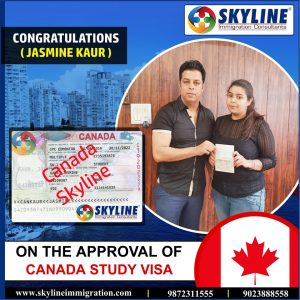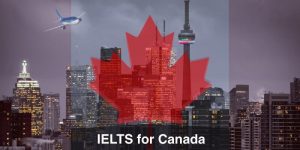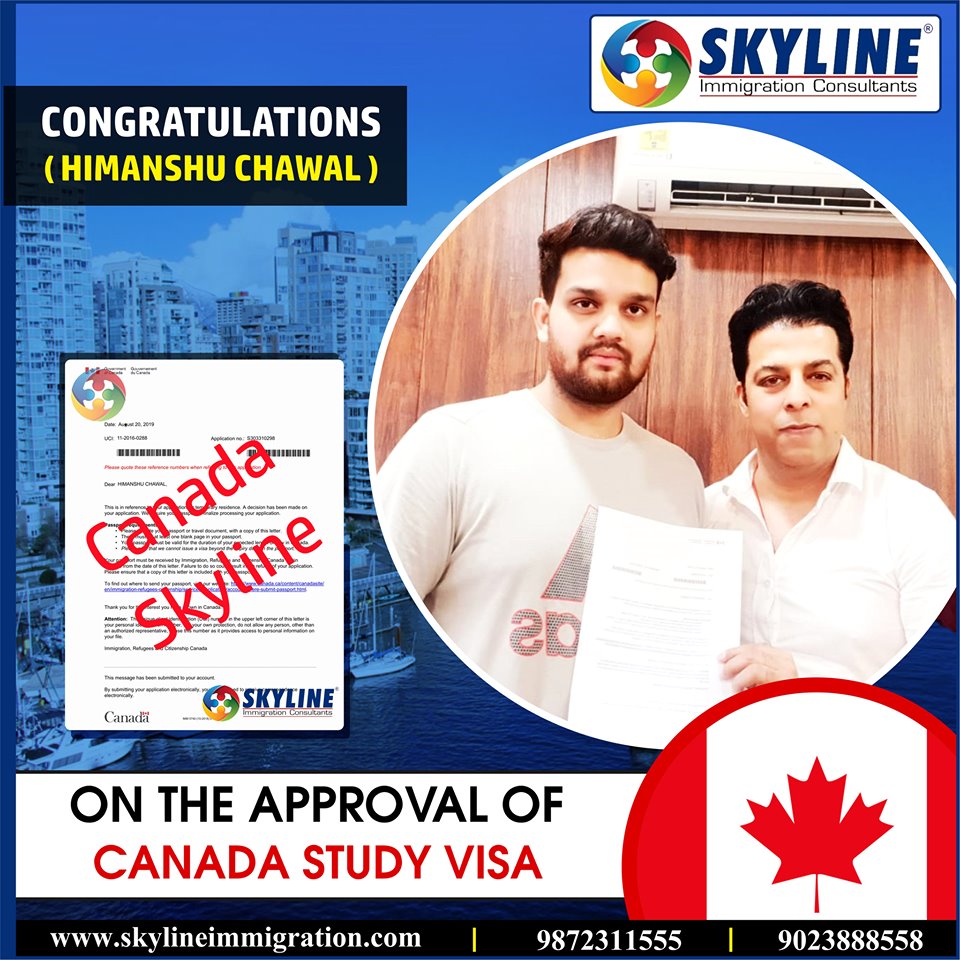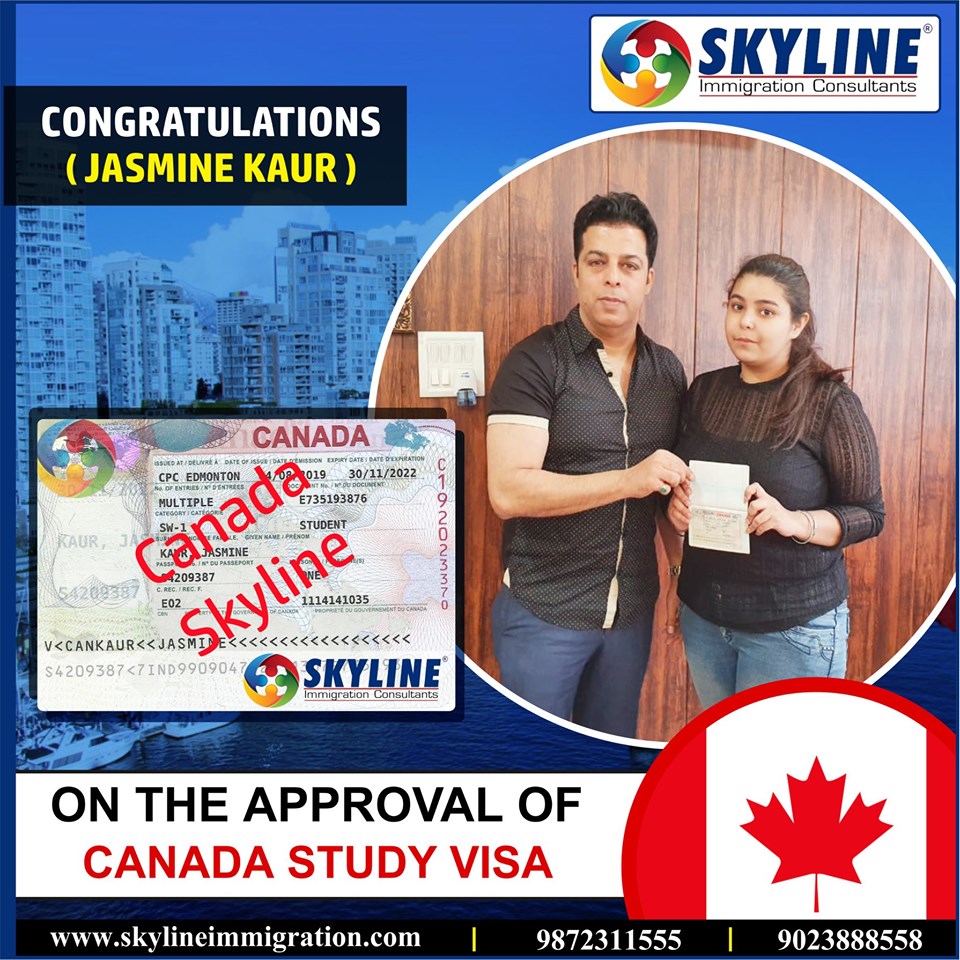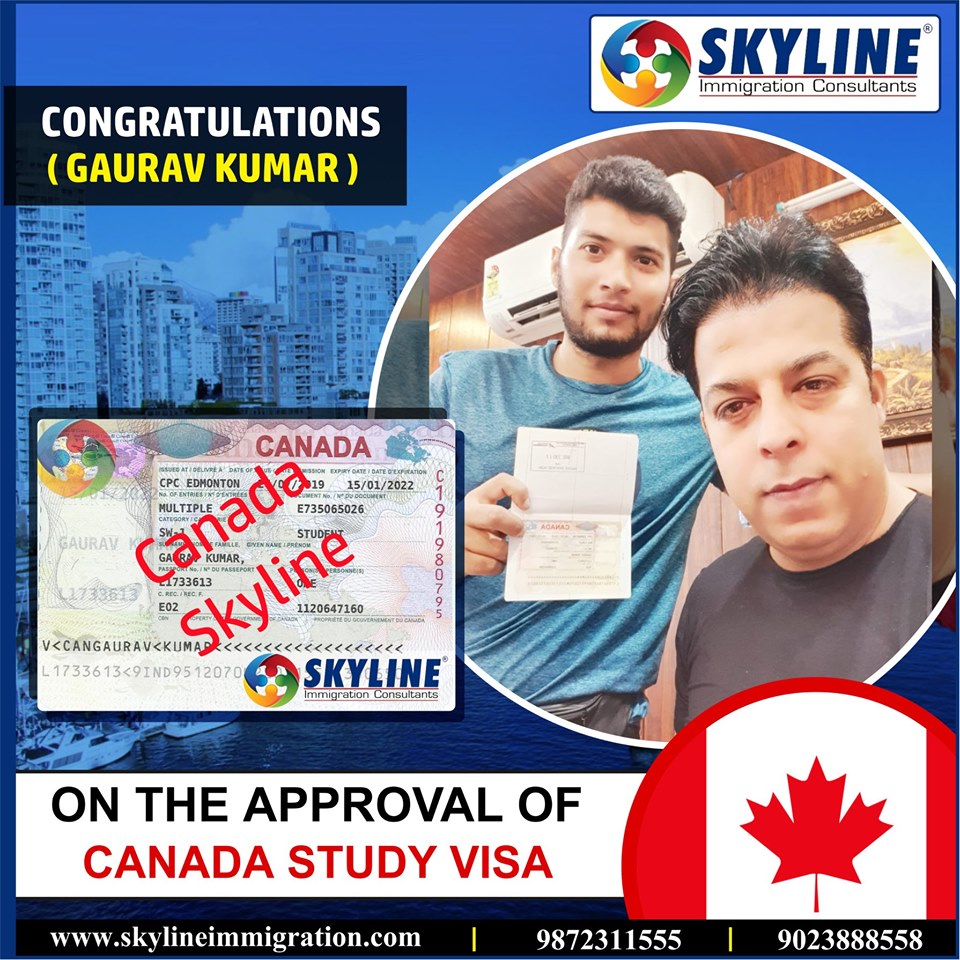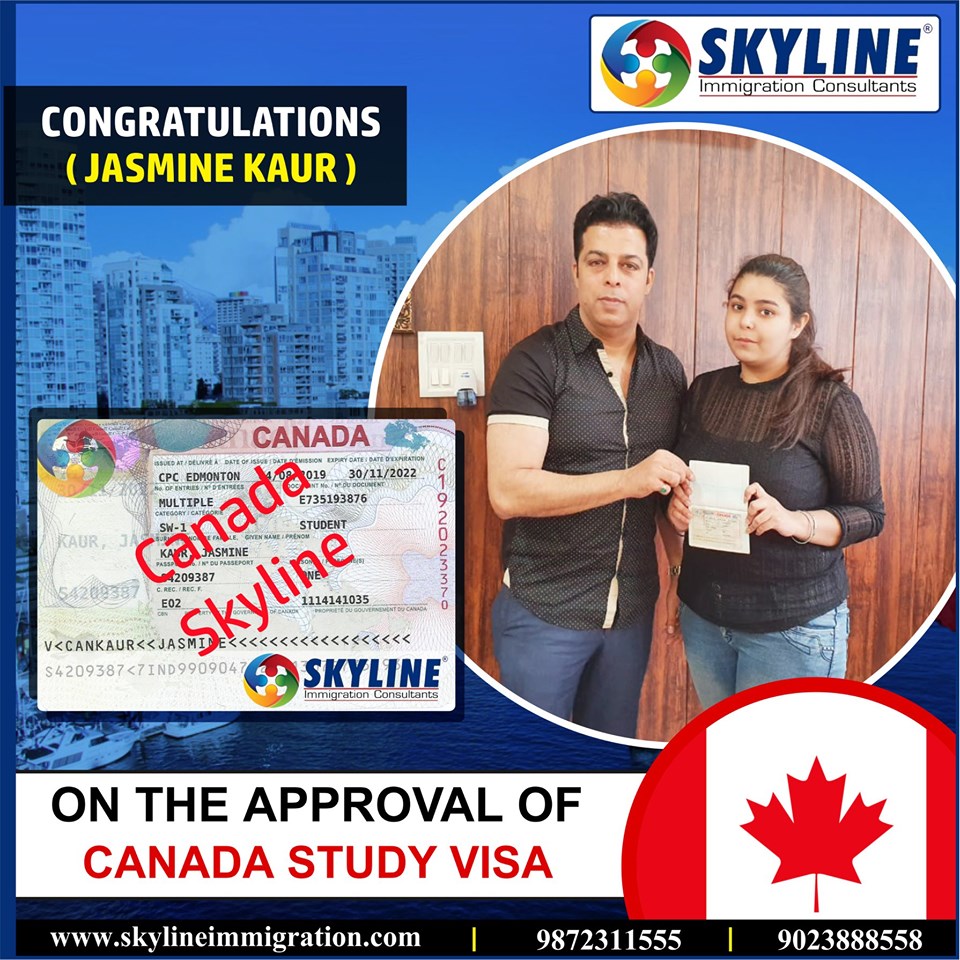SPP Institutions:
Universities:
- New York Institute of Technology, BC
- Fairleigh Dickinson University, BC
- Vancouver Island University, BC
- Degrees from Canadian institutes are internationally recognized, and there is a diverse range of courses on offer from marine biology through to accountancy. Canadaalso has a number of excellent opportunities for language courses, and you can choose between both French and English as your main language of instruction, and students often benefit from taking an additional language course alongside their main degree or diploma.
About Country
- Canada is a federation of ten provinces & three territories
- It is a multicultural country and is considered to be a safe, clean and peaceful country
- Canada has been ranked as one of best place to live on the globe according to the United Nations and is the second largest country in world after Russia
- Canada is a geographically vast country and offers diverse cultures within its borders
Major Regions/ Cities
Canada’s capital is Ottawa, but the largest city in Canada is Toronto (ON, Canada), following by Montréal & Quebec City (QC, Canada) and then Vancouver (BC, Canada). Other major cities in Canada are: Victoria (BC, Canada), Abbotsford, BC, Edmonton (AB, Canada), Calgary (AB, Canada) and Winnipeg (MB, Canada), Charlottetown, PEI, Halifax, NS. The Largest province in Canada is Quebec. However the largest population is in Ontario with capital city of Toronto whose population is almost half of the population in Ontario.
10 Provinces
- Alberta: ED Stelmach
- British Columbia: Gordon Campbell
- Saskatchewan: Brad Wall
- Manitoba: Gary Doer
- Ontario: Dalton McGuinty
- Quebec: Jean Charest
- New Brunswick: Shawn Graham
- Nova Scotia: Rodney McDonald
- Prince Edward Island: Robert Ghiz
- Newfoundland & Labrador: Danny Williams
-
3 Territories
- Yukon: Dennis Fentie
- North West Territories: Edna Molewa
- Nunavut: Paul Okalik
Education System
- Education in Canada is provided, funded and overseen by provincial, and local governments.
- SPP Colleges/Universities approved by CIC
- International education/student recruitment increasing priority
- Provincial policy approach mainly “holistic” but with strong international student recruitment emphasis
-
Types of Canadian Institutions:
-
- K-12- Schools
- Universities
- University Colleges
- Community Colleges
- Career College
- Language schools
Universities Features:
Small, medium, large institutions
-
- 3- and 4-year degrees, Master’s, PhDs, Professional
- Research intensive
- Fixed Admission requirements
- One to Two intakes primarily-Sept/Jan
- Over 90 Universities in Canada
UniversitY College Features:
-
- Offers University degrees as well as college diplomas and certificate programs.
- They may also offer combined degree diploma programs and university transfer programs.
- Their strong student support services, small classes and strong campus environment distinguish University Colleges.
- Many converted to Universities now
Community Colleges Features:
-
- Diploma Certificate, Applied Degree programs, university transfer
- College, Institute of Technology, Cégep
- 135 across Canada
- Very engaged internationally
- Programs industry driven, hands on Since they prepare a student to be job ready many Indian students are attracted to applying to Community Colleges in Canada.
Career College Features:
-
- Short-term, specialized training
- Focus on popular subject areas
- Almost all are private
- Business, Technology, Service Industries, Arts
- Across Canada
Coopertive Education Features:
Admission Timings:
INTAKE:
University / Community Colleges September/ January January is an on demand intake for popular courses
Private College:
Jan / April / May / Sept
Part time work during studies
Students are allowed to work part time 20 hours per week on campus/ off campus and full time during holidays while studying the course.
In Canada, minimum wages varies in different provinces. Under the Constitution of Canada, the responsibility for enacting and enforcing labour law including minimum wages in Canada rests with the ten provinces. Minimum wages varies between 8 – 10.25 cd$ per hour depending upon the province.
Work opportunities after studies
A Post-Graduation Work Permit cannot be valid longer than the length of time you studied in Canada. For example, students graduating from a four-year degree program might be eligible for a three-year year work permit. Students graduating from an eight-month certificate program would only be eligible for a work permit of eight months.
English Requirement
Diploma and Bachelor degrees: IELTS 6.0/ 6.5 band with no band less than 5.5/ 6.0 Graduate Diploma and Post Graduate Diploma: 6.0/ 6.5 band Masters degrees: 6.5 band with no band less than 6.0
Fee Structure
Tuition Fee
Average C$ 10,000 – C$ 12,000 per year
Living expenses
Average C$ 10,000 – C$ 12,000 per year
Job Scenario
Current policy allows students to to work 20hrs per week while study time and 40hrs per week while breaks.

